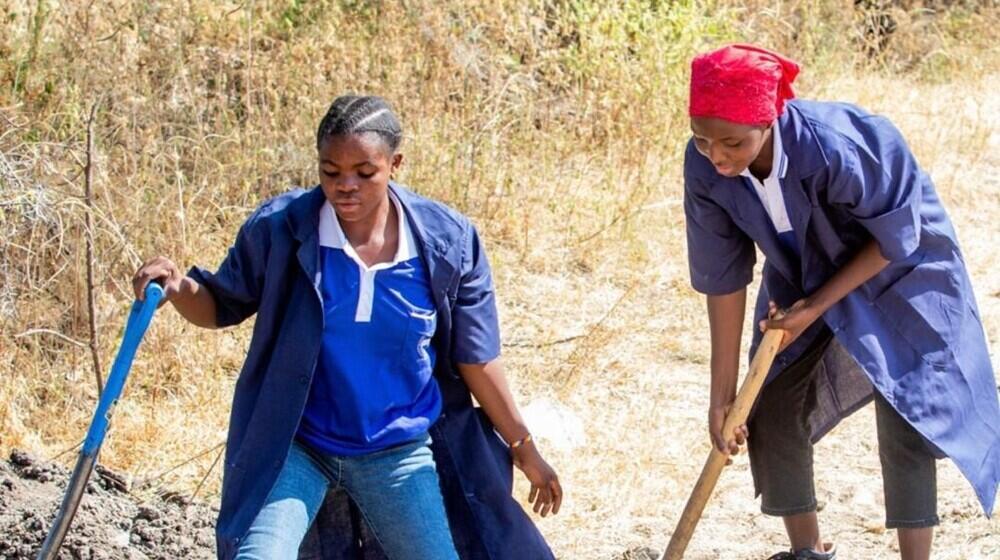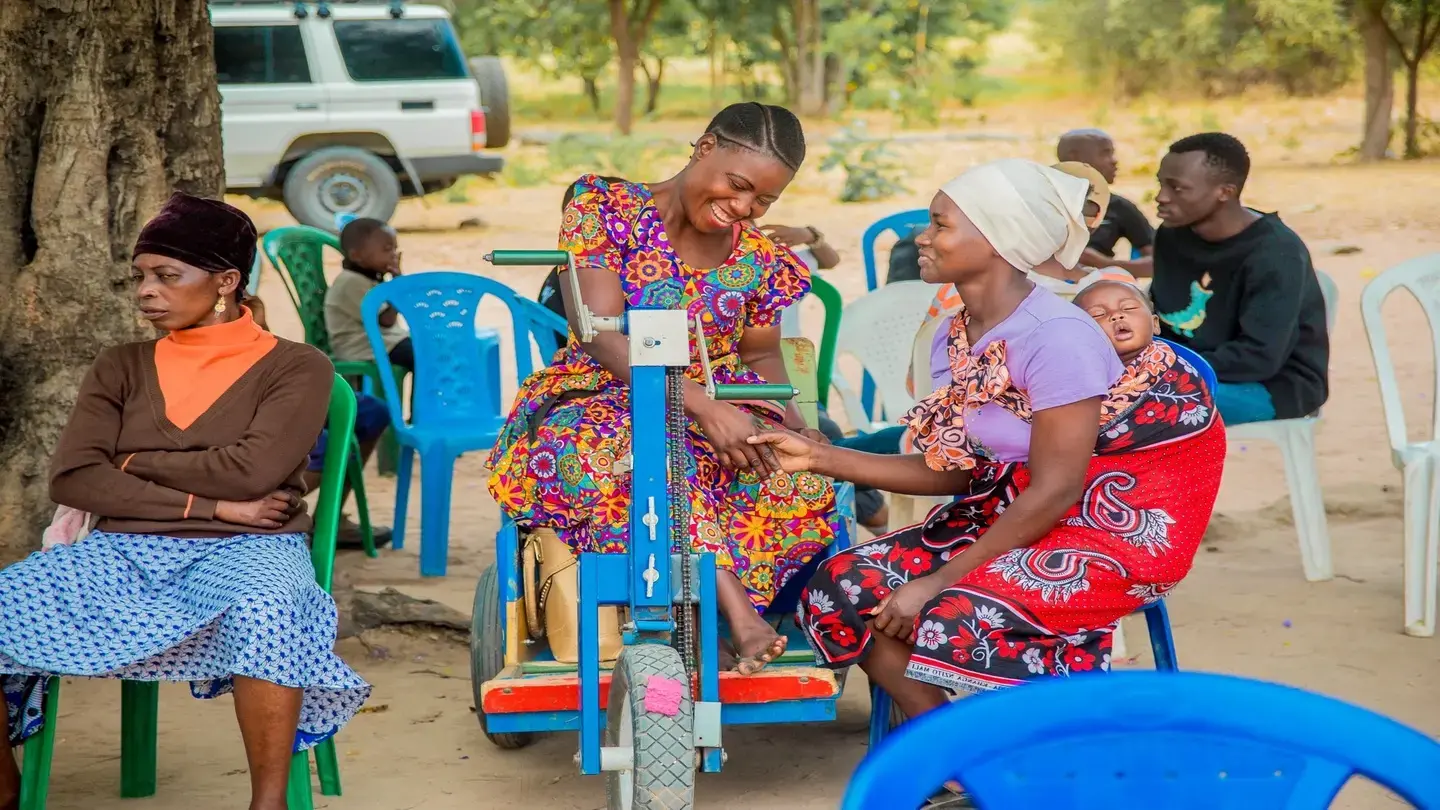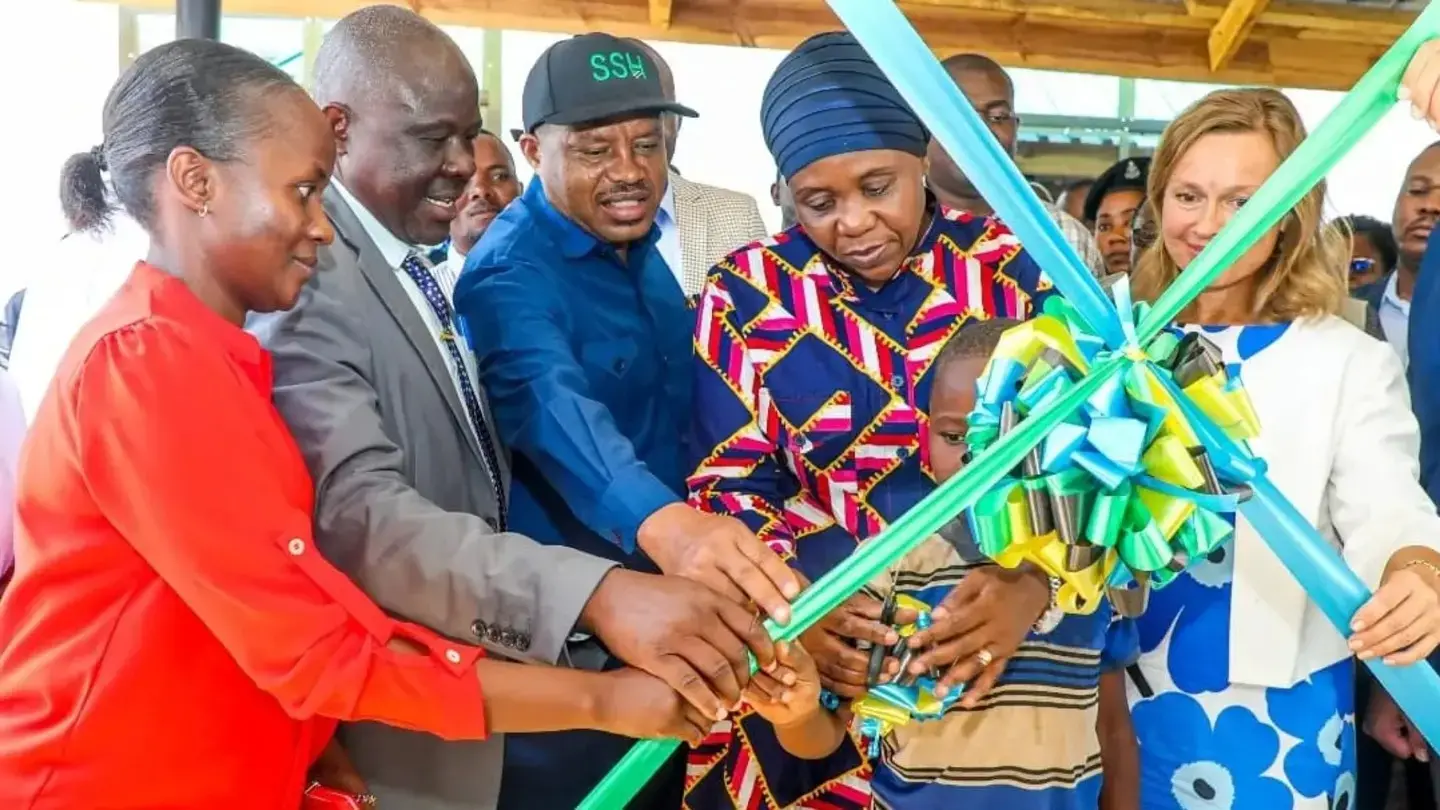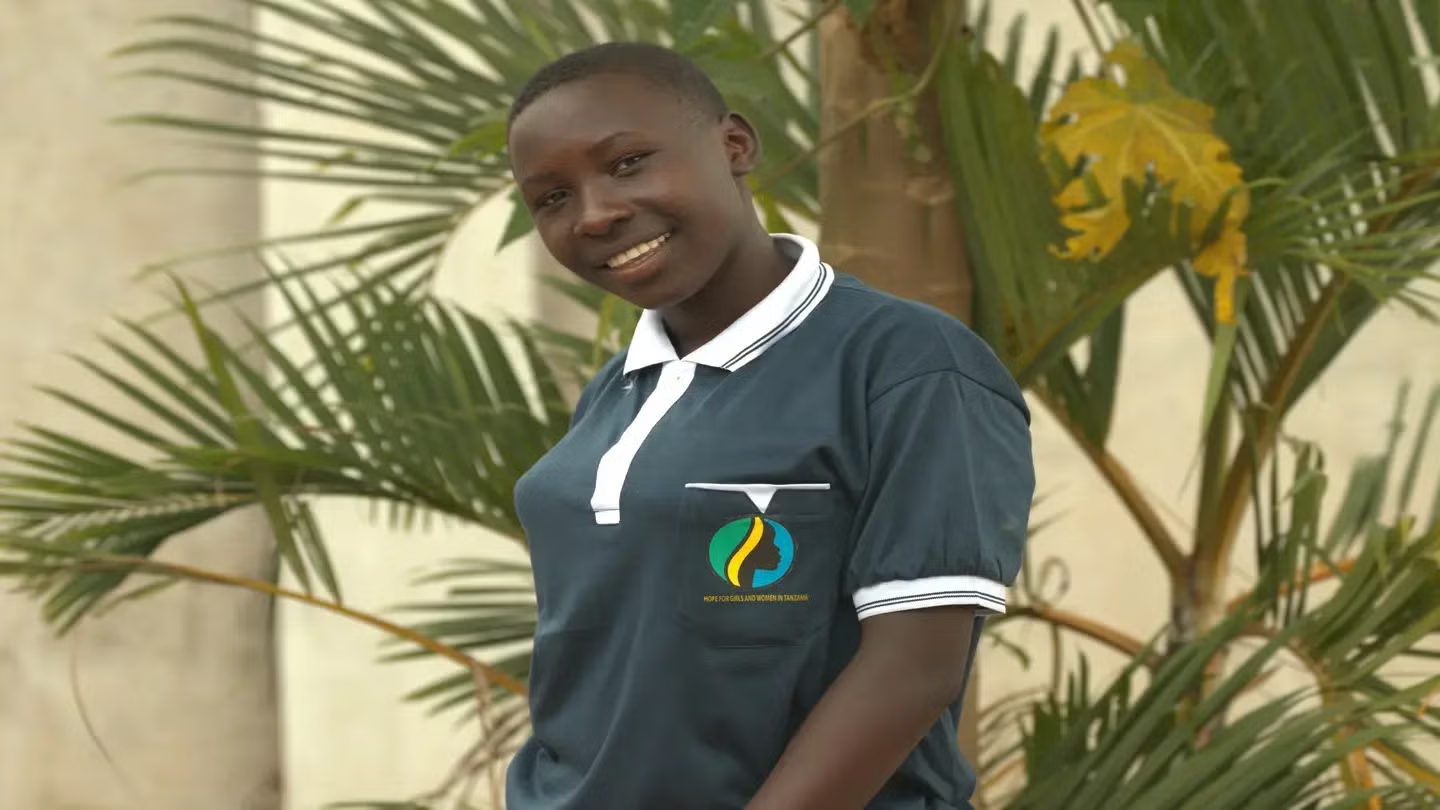The "My Choice My Rights" program, funded by the Government of Finland and implemented by the United Nations Population Fund (UNFPA) in partnership with Women in Law and Development in Africa (WILDAF) and other Government and CSO partners is making a big difference for girls and young women in Tanzania. The program aims to empower girls aged 10-24 in Kishapu, Kahama and Butiama District in Mara and Shinyanga, by enhancing their ability to make informed decisions about their lives. This includes negotiating safe sex, choosing when to marry, and speaking out against gender-based violence (GBV), child marriage, and female genital mutilation (FGM).
The program began with a thorough mapping process, identifying over 1,300 at-risk adolescent girls and young women. Priority was given to those who were out of school, married, single, disabled, or had experienced GBV, child marriage, or FGM.
From this, 618 girls, including 84 with disabilities, were selected for life skills training. This training, based on national guidelines, covered essential topics such as GBV, sexual and reproductive health, HIV and STIs, and nutrition. The goal was to empower these girls with knowledge about their rights and how to advocate for themselves.
“I’m grateful for this opportunity,” she says. “The program has given me the confidence to reject early marriage and GBV. It’s shown me that with support, people with disabilities can achieve great things. Being part of this program is an opportunity to demonstrate that individuals with disabilities can work and accomplish great things in the community if given a supportive environment and the chance to use our abilities.” Said Kashinje Malekana (23), from Kishapu District, Songwa Ward
The programme also supported 263, including 15 with disabilities, out of school adolescent girls and young women aged 15-24 years to enroll at Vocational Educational Training Authority (VETA) colleges. There, they learned skills in areas like tailoring, embroidery, hairdressing, electrical installation, motor vehicle mechanics, secretarial and computer applications, catering, decoration, motor grader and wheel loader operation, welding, and plumbing and pipe fitting.
Nyandaro Mbogo Sabato (18) from Sirorisimba ward in Butiama district, with physical disability, who was sponsored by the CLHY programme to attend VETA college in Kishapu and graduated as a plumber testified,
"My achievement demonstrates to the society that persons with disabilities can do anything they want if given the opportunity and empowered. Studying plumbing, which most communities see as a male-dominated course will inspire more girls and women to do whatever they want and be whoever they want, regardless of how the community expects from them”.
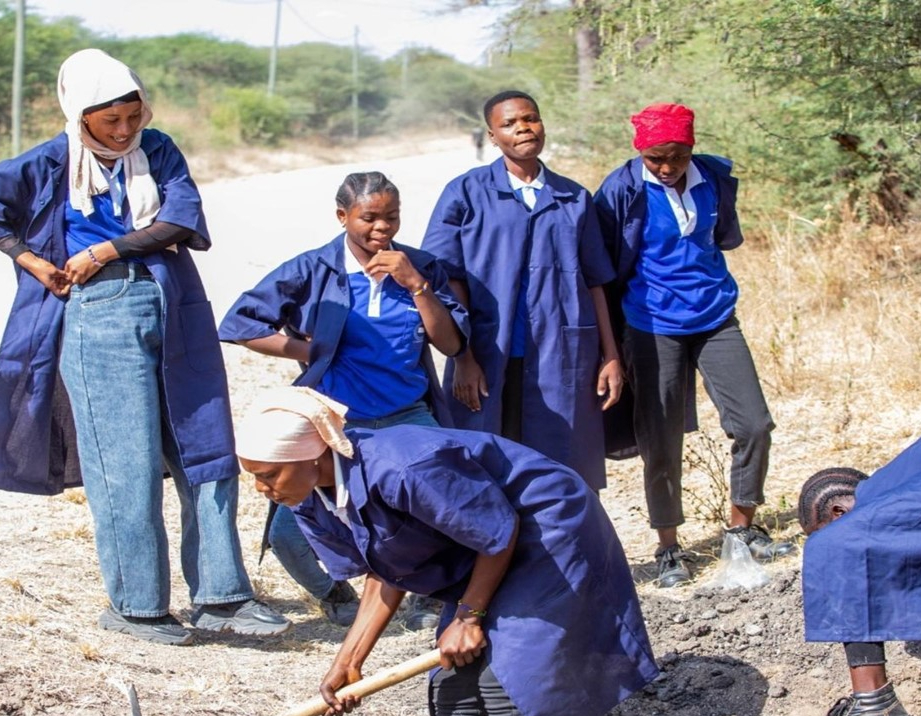
After graduation, the program continued to support the young women by integrating them into 30 local economic clubs. They also received startup kits to help launch their own businesses and continue to be mentored as a group by the trained patrons and matrons.
After graduating from VETA, the program provided me with a sewing machine as start-up equipment to put my newly acquired skills into practice. Now, I earn my income through making clothes for men, women, and children, enabling me to meet most of my basic needs and support my grandmother, who I live with. I believe I have room to grow through hard-work and additional support from the government and private sector and reduce my vulnerability to GBV, and child marriage.” Says Kashinje Malekana
"Aside from welding skills, I am pleased to have learned about life skills, GBV, and sexual reproductive health rights. Now I understand my rights, and I know I can report to the police gender desk, social welfare officers, One Stop Centre if my rights are violated or if I see a girl or woman being subjected to either GBV or child marriage. As we return to the community after graduation, my goal is to open a large office and employ my fellow girls who are out of school so that they can overcome dependence, prevent gender-based violence (GBV) and make informed decisions not to marry at a young age. Says Ester Brighton (19), from Nyahanga Ward of Kahama District who undertook welding training.
To ensure sustainability of the program and ongoing support for out of school adolescent girls and young women including those with disabilities that have graduated from VETA Colleges and received life skills training, the program has trained 40 Wards Community Development Officers, Ward Executive Officers, and other influential community members to provide close mentorship and coaching through life skills and economic clubs.
The Shinyanga local government authority will also develop a database of the graduates and their economic groups to help them access interest-free loans and other opportunities to support them to grow their businesses. The programme has also reinforced the importance of school re-entry to continue their education and further their future career opportunities.
The Government of Finland's support to the Chaguo Langu Haki Yangu has been crucial in helping the girls rebuild their lives and gain new skills. As a former Shinyanga Regional Community Development Officer noted,
“This program has been invaluable in providing out-of-school girls with the skills and support they need to transform their futures.”
Media Inquiries:
Dr. Warren Bright
UNFPA Communications Analyst
United Republic of Tanzania
Mobile: +255 764 43 44 45
Email: bwarren@unfpa.org

